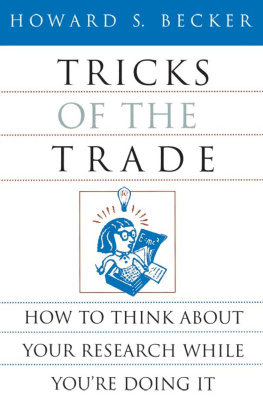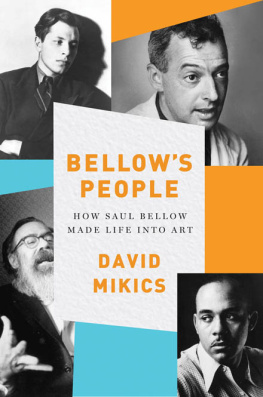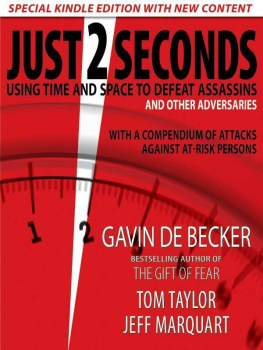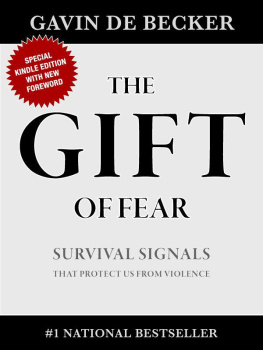Everett C. Hughes An Appreciation
Everett Hughes did his graduate work at the University of Chicago and went from there to McGill to teach. He later returned to the University of Chicago as a member of its faculty and has been teaching most recently at Brandeis. At these places, and at others where he has served as a visiting professor or lecturer, he has had a remarkable impact on both students and colleagues, igniting their interest in problems of society and social process.
His own major research efforts have centered on such specific problems as the industrialization and development of Canadian society; race relations in the United States and elsewhere; the organization of medical practice and medical education; and other forms of educational organization. These topics, interesting and important in their own right, have also served as the vehicle for profound explorations of basic sociological problems. We have tried to make explicit here some of the underlying themes and characteristics of that sociological approach which is distinctively Everett Hughes. We shall not succeed in capturing it fully; his thinking is too varied and subtle for that. The essays in this volume, representing the impact of his thinking and teaching on the contributo.rs, will present another partial view.
We have been struck by Everetts unwillingness to be dogmatic about methodology, his conviction that there are many ways of learning about social reality. While he himself represents a tradition of firsthand observation, handed down from Park, he uses demographic data as well, and insists that his students be literate in statistics. (He once taught statistics himself.) He does, however, have special respect for what is known firsthand. He seems to believe that, although no one should be forced to specialize in an area just because he has had experience in it, personal experience should not be lost. He has encouraged students to do their first research on matters important to them in their lives: the occupations of their fathers; neighborhoods such as those they grew up in; or an after-school occupation which seemed to them before his intervention to be irrelevant to their work in sociology. Everett believes it important to harness peoples feelings to their work and he sees that peoples own repressed or uninterpreted experience is one way of doing this. He wants work to be relevant to self and society. But this does not mean one has to go out in the field in the formal sense. The same mission might be accomplished by a man who went back to read the poetry and stories he found illuminating in childhood, in order to understand what these stories and poems mean to the young.
The problems Everett has chosen to work on almost always have to do with central social issues. In much of his work it is the mixing of peoples who identify themselves as belonging to different groups; in some of his work it is the nature of occupation and career, and of training for each. But one can never feel that Everett is concerned solely with contributing to the sociology of race, or to occupational sociology, or to medical sociology, although he has made important contributions in all these areas. Rather, he is concerned with the entire field of society, and addresses not only those of his colleagues who are working on his problems of the moment, but all sociologists, and not just sociologists.
We have all learned from Everett a way of looking at phenomena, at once caring and dispassionate. Some of his students may have responded more to the dispassionate, even the debunking aspect of his thought, the insistence that sociologists had a right to go anywhere, see anything, write about it and publish it. He gives legitimacy to curiosity, to what others might regard as mere journalism, not knowing how difficult journalism is. He encourages students to keep a diary of their own experiences; he helps people overcome uneasy feelings about prying, about the betrayal of confidences, about putting personal relations to sociological account. His interest and responsiveness give people the feeling that their observations are not meaningless, not simply random and excessively subjective. But Everetts dispassionatenesshis belief that everything and everybody was fair game for inquirytends to hide from some of his friends and students the degree to which he also cares deeply about cruelty, injustice, and war. Before Hitler came to power, he saw the dangers of German fascism; before militarism came to power, the dangers of American chauvinism; to the dangers of racism here and abroad, he was always alert. He has had the advantage, in regarding the United States, of a Canadian-born wife and Canadian experiencea center of intellectual gravity bounded neither by his Ohio birthplace nor his long Chicago residence.
He cares also about his discipline and the way self-righteous monopolists regarded it as their own methodological preserve, whether as against the supposed talky vagueness of the Hutchins College or as against some of his less quantitatively oriented students. He believes deeply in the freedom of the marketplace of ideas. At a notable meeting of the American Sociological Association he pointed out the difference between a learned society, which welcomes contributions to knowledge no matter the source, and a professional association, which restricts its membership to those for whom it can vouch. He made no secret of his sympathies; he regretted the pressures that turn fields of study into rationales for professionalization, although he understood what those were.
Some of Everetts students may be unaware of the extent to which he has been dedicated to peace and opposed to nationalism, racial discrimination, and injustice in any form. Although his statements are sometimes muted by the tact, dignity, and reserve which seem so much a part of his character, he is first of all a moral man. He has not only been outspoken against war but also against a belligerent and insensitive self-righteousness which has often been the leading element of American statements addressed to nationals of other countries. He has an international rather than national perspective. He was one of the first in the United States to draw attention to the problems of developing nations, and may well be the only member of the American Sociological Association to teach a course in the African novel. In many ways he has carried into his own life the stance of his minister father, a man of great understanding and genuine moral commitment who was singled out by the Ku Klux Klan to have a cross burned on his lawn.










